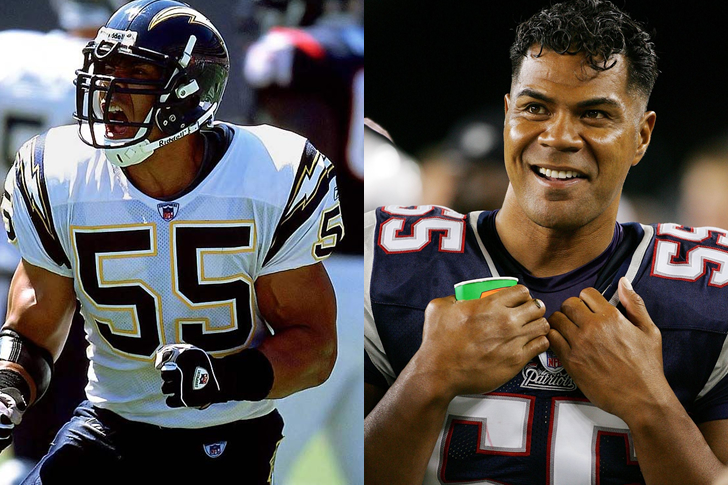JUNIOR SEAU

Junior Seau’s tragic death serves as a reminder of the risks of concussion-related brain damage among professional football players, and the investments the league needed to make to secure their players’ safety. Seau’s 20-year career also left no indication of what was going inside his brain, proving that the brain-damaging effects of concussions are often unnoticed and undiagnosed. On May 2, 2012, only two years after he retired, Seau shot himself in the chest and succumbed to his injuries.
Seau’s loved ones suspected that the depression that caused Seau to take his own life was football-related, and they wanted to understand it. To that end, they donated Seau’s brain to the National Institutes of Health to study, which found that Seau suffered from severe chronic traumatic encephalopathy, a result of the multiple times he got hit on the head as a professional football player. Football players should always take care of their head from any concussions, or they will suffer the same fate as Seau if they don’t.
